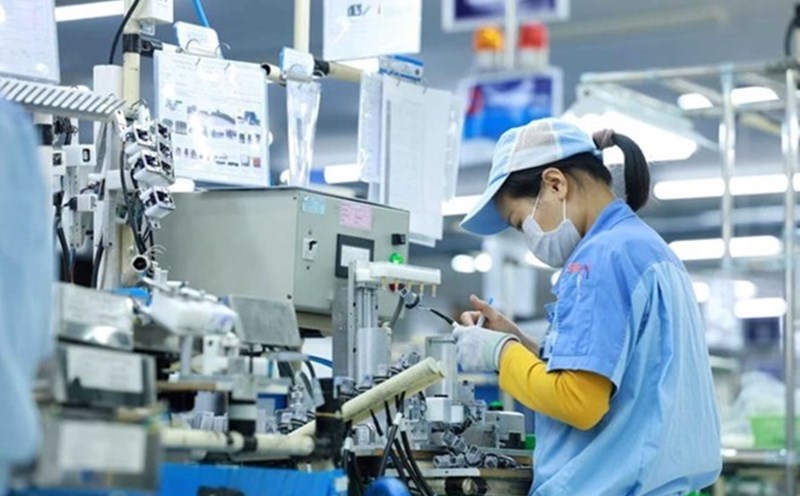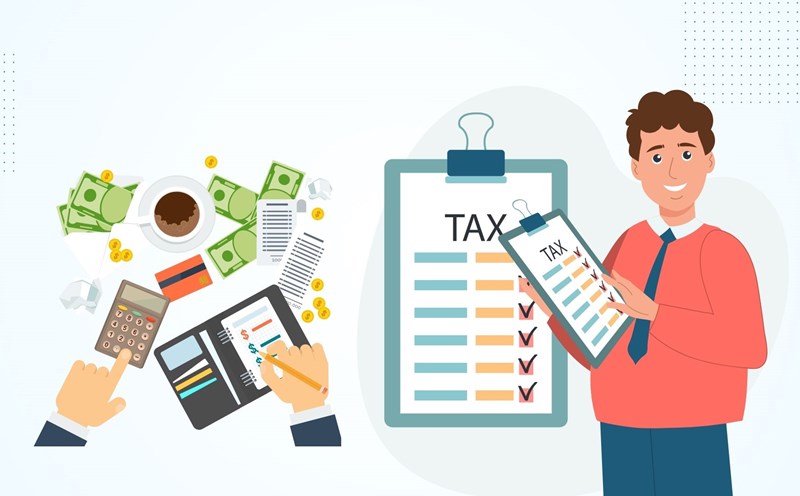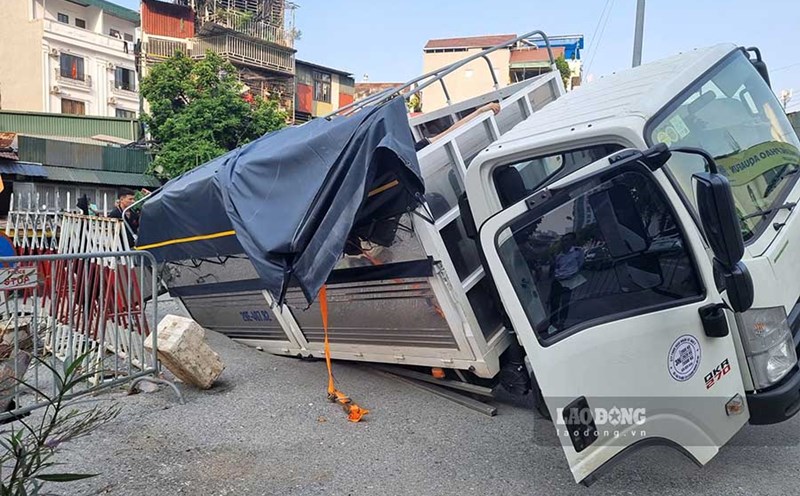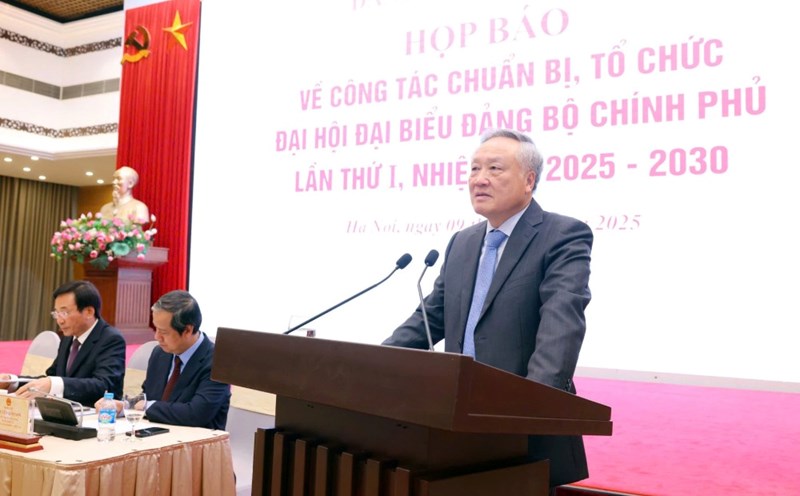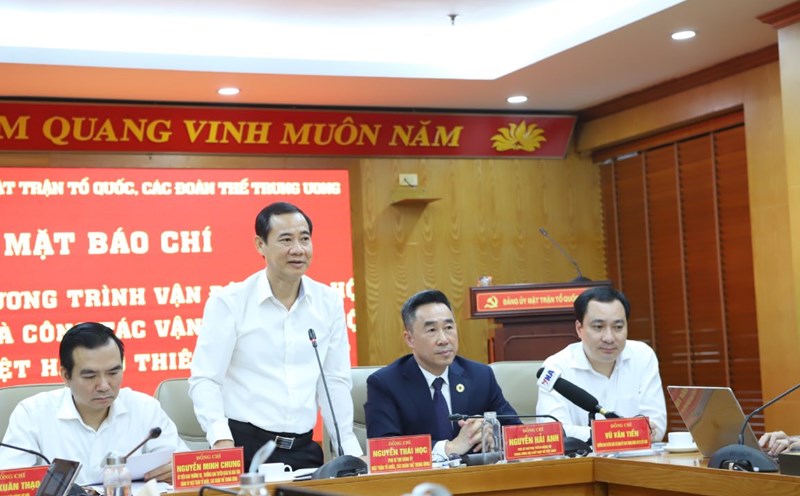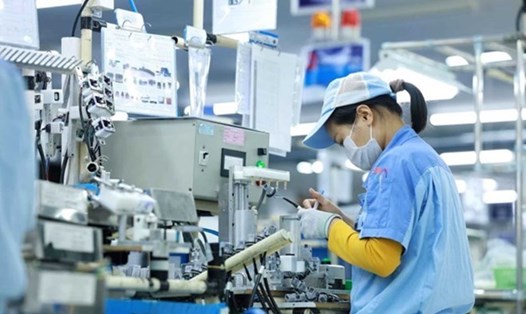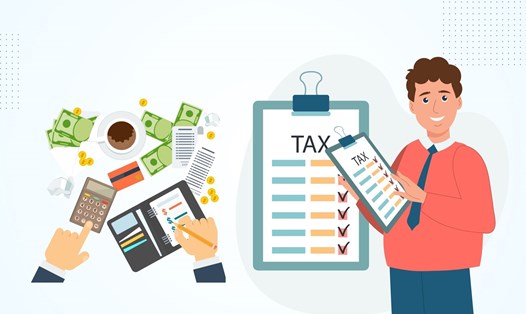Exporting enterprises face difficulties with tax refunds
According to the associations, many provisions in the Law on Value Added Tax (VAT) No. 48/2024/QH15, effective from July 1, 2025, are still inadequate, not in accordance with the characteristics of agricultural, forestry and fishery production and trading activities. The main bottlenecks lie in determining taxable subjects, tax rates and tax refund procedures.
Mr. Nguyen Hoai Nam - General Secretary of the Vietnam Association of Seafood Exporters and Producers (VASEP) said that for both unprocessed farming or fishing products, seafood enterprises must apply two different tax rates. Some products are not subject to tax (according to Clause 1, Article 5) while other products are subject to a tax rate of 5% (according to Point d, Clause 2, Article 9). This overlap forces businesses to temporarily pay taxes and wait for refunds, while tax refund procedures are complicated, causing great pressure on cash flow.
In addition, enterprises purchasing raw materials through smuggling must pay a 5% VAT, but this tax will not be disbursed by banks when providing mobile capital. This increases production costs, reduces business efficiency and affects the competitiveness of Vietnamese seafood in the international market.
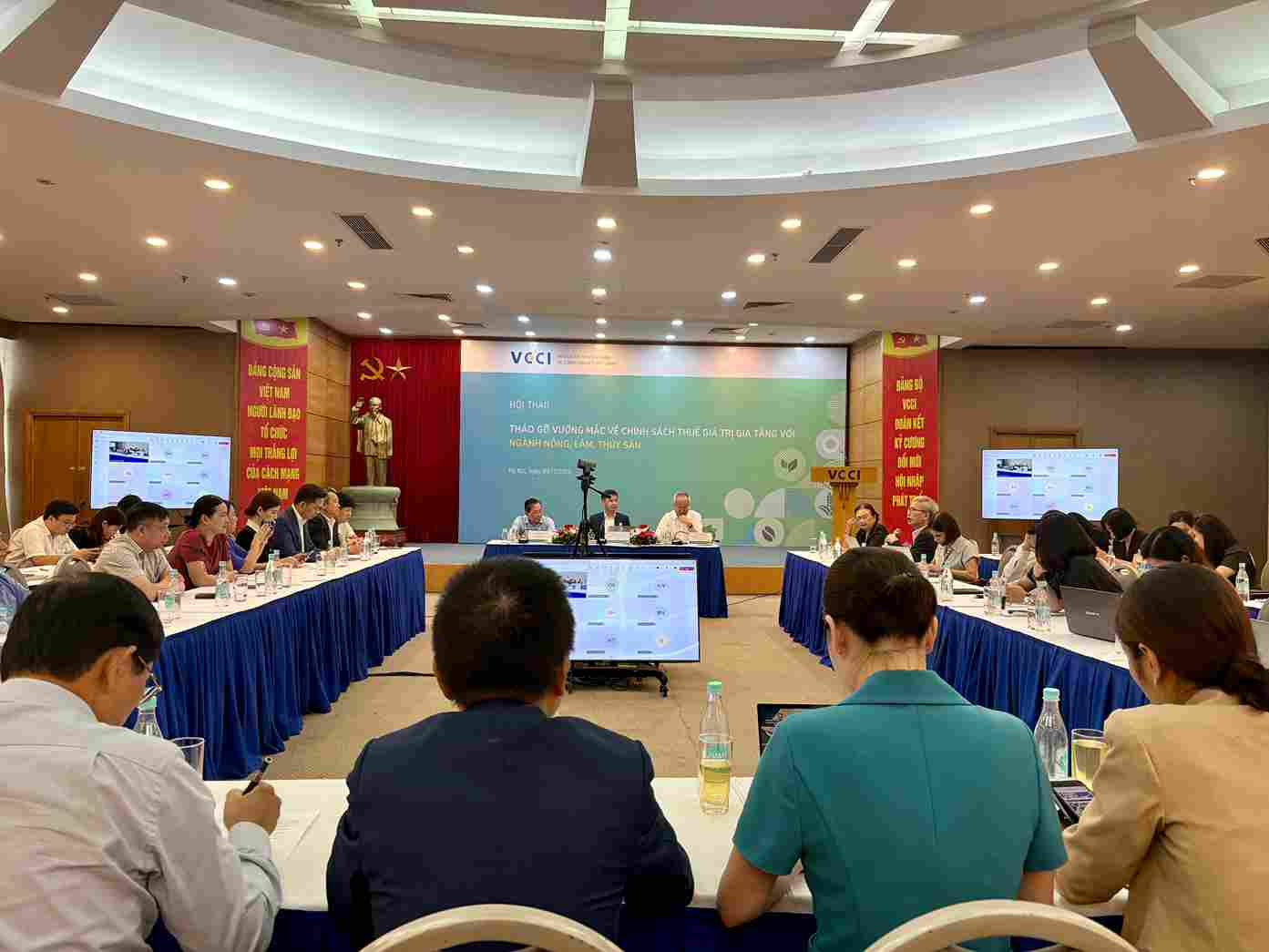
The Vietnam Food Association (VFA) also expressed concern when rice products are converted from non-taxable to 5% taxable. The new regulation causes businesses to stagnate capital corresponding to the VAT waiting for refund, reducing farmers' ability to purchase rice and affecting domestic rice prices. The prolonged tax refund procedures also disrupt the implementation of export contracts, directly affecting the lives of farmers.
The concept of taxable tax is still full of gaps
Reporting at the workshop, some associations said that the concepts of taxable subjects in the law are still unclear, making it difficult for businesses to determine the appropriate tax rate, leading to incorrect declaration and affecting the production line.
Sharing about the industry's obstacles, Mr. Ngo Sy Hoai - Vice President and General Secretary of the Vietnam Wood and Forestry Association (VIFOREST) reflected that there are no specific instructions on the definition of "regular primary wood" that are causing confusion in tax declaration and refunds. This leads to a situation where thousands of billions of VND are stagnant, affecting the working capital, production and export progress of enterprises.
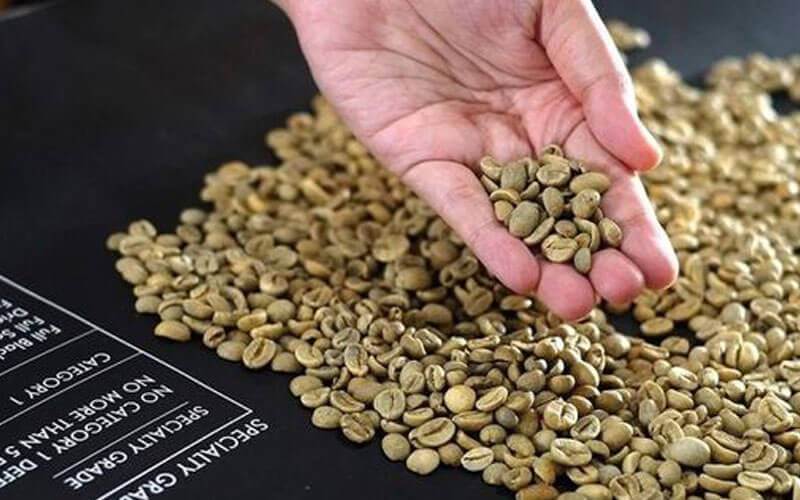
Sharing the same opinion, Deputy President of the Vietnam Coffee and Cocoa Association (VICOFA) Thai Nhu Hiep said that it is necessary to clarify the concept of "normal processing" to avoid the inappropriate application of a 5% VAT on products such as green coffee - products that have not been deeply processed but have high export value. According to Mr. Hiep, green coffee should be included in the group of goods not subject to VAT, not having to declare or pay taxes at commercial stages, to avoid fraud, ensure fairness for businesses and promote exports, contributing to the Government's growth target.
The representative of the Vietnam Tea Association also proposed to clarify the line between the concepts of "pre-processed" and "pre-finished", and at the same time proposed to apply a 0% tax rate to maintain competitiveness for this key export industry.
Speaking at the workshop, Mr. Dau Anh Tuan - Deputy General Secretary and Head of the VCCI Legal Committee emphasized that the new VAT Policy is expected to bring positive reforms, but if the problems are not specifically guided soon, it will become a major barrier for businesses.
The difficulties that businesses are reflecting are not only legal technical issues but also directly related to cash flow, competitiveness and sustainable development of Vietnam's agricultural sector, said Mr. Tuan.
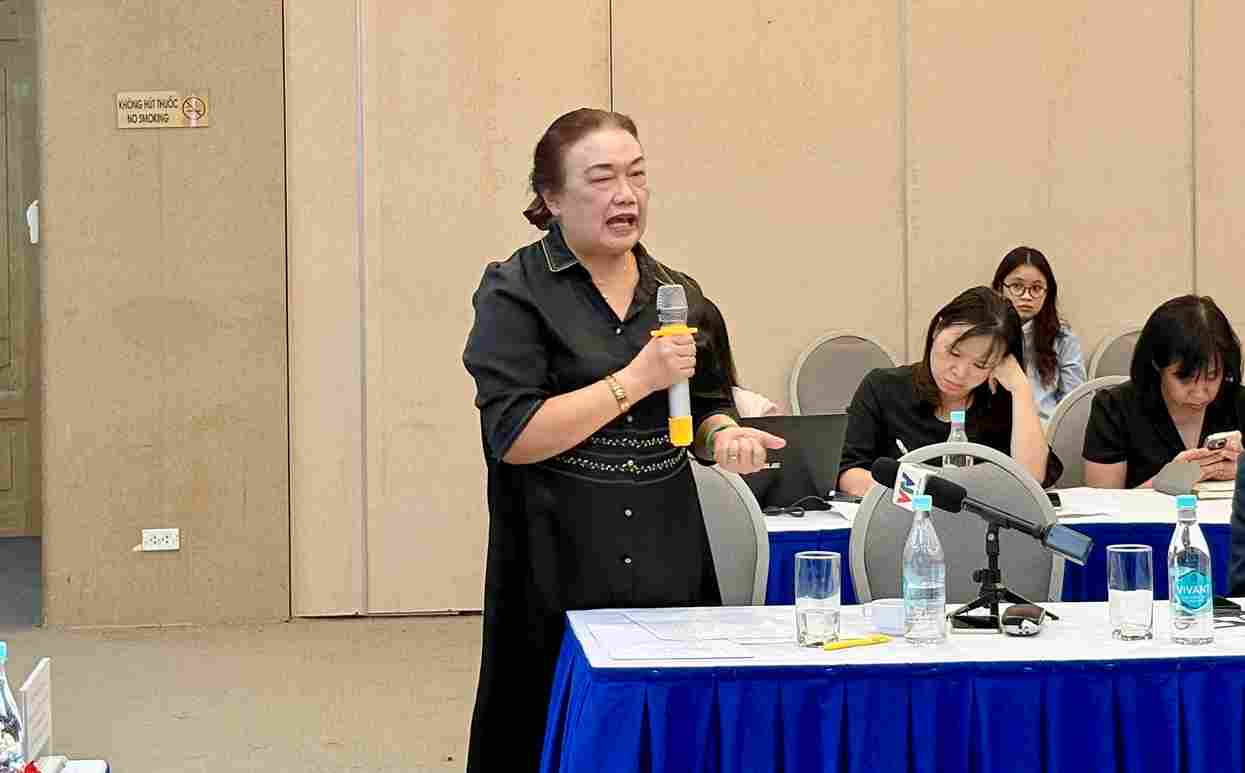
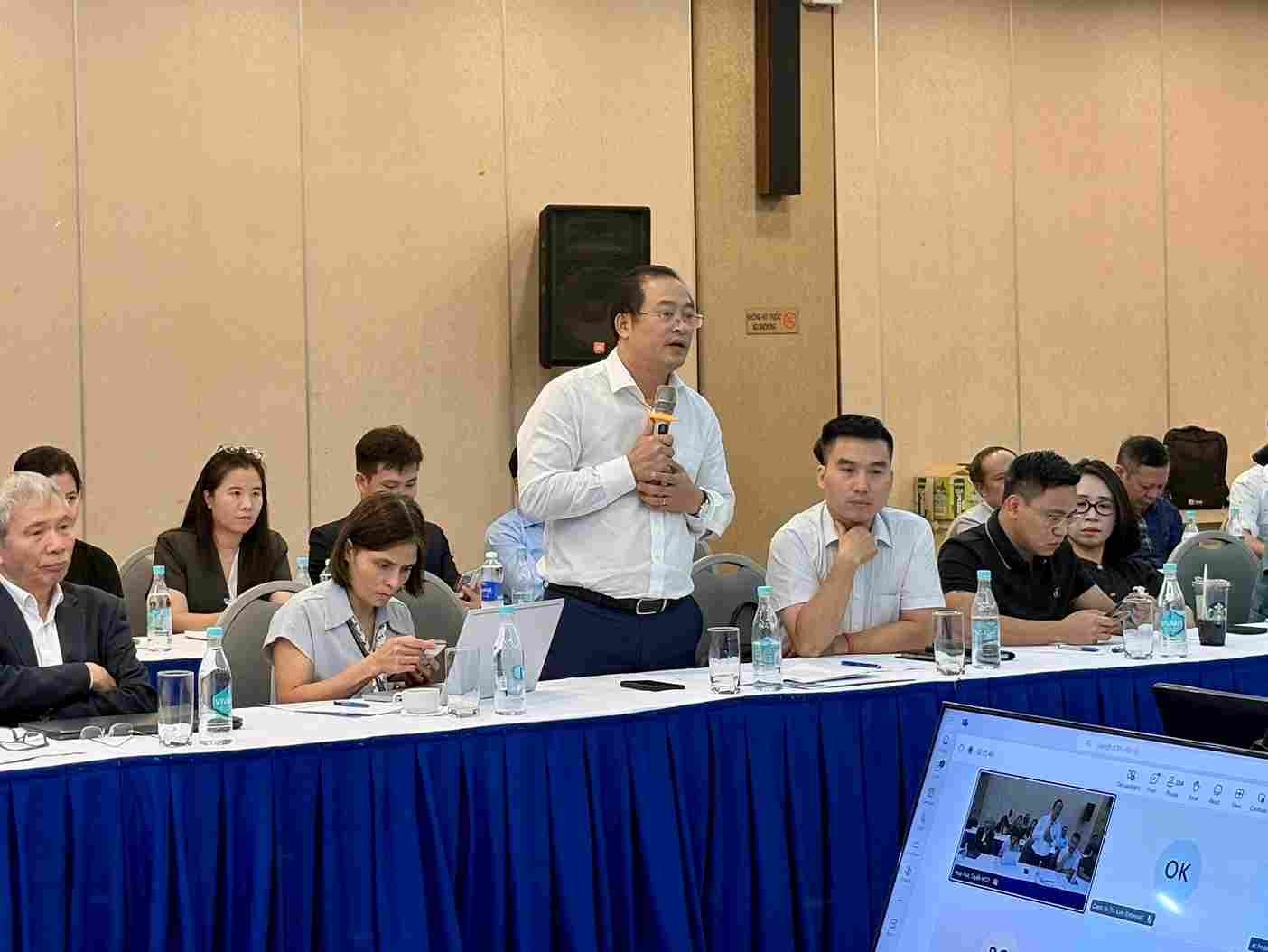
The workshop created an open space between the business community, industry associations, experts and management agencies. According to information from the Organizing Committee, recommendations and proposals at the workshop will be compiled and sent to the authorities in the coming time.

